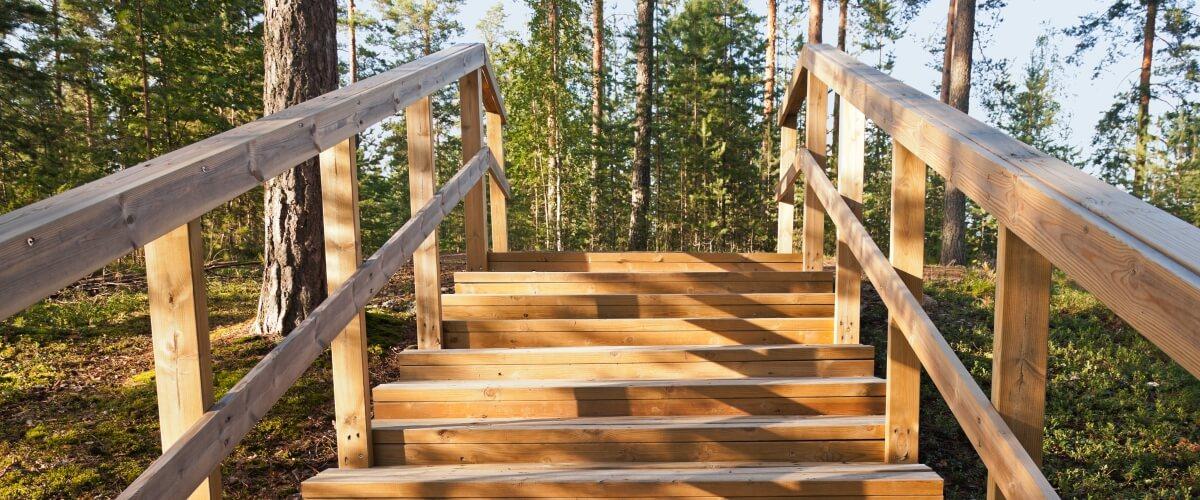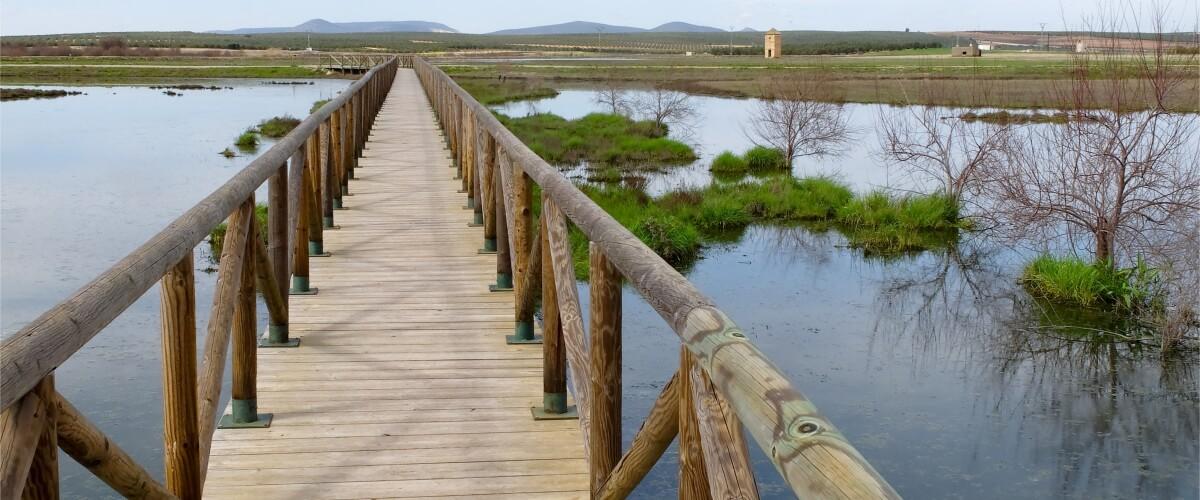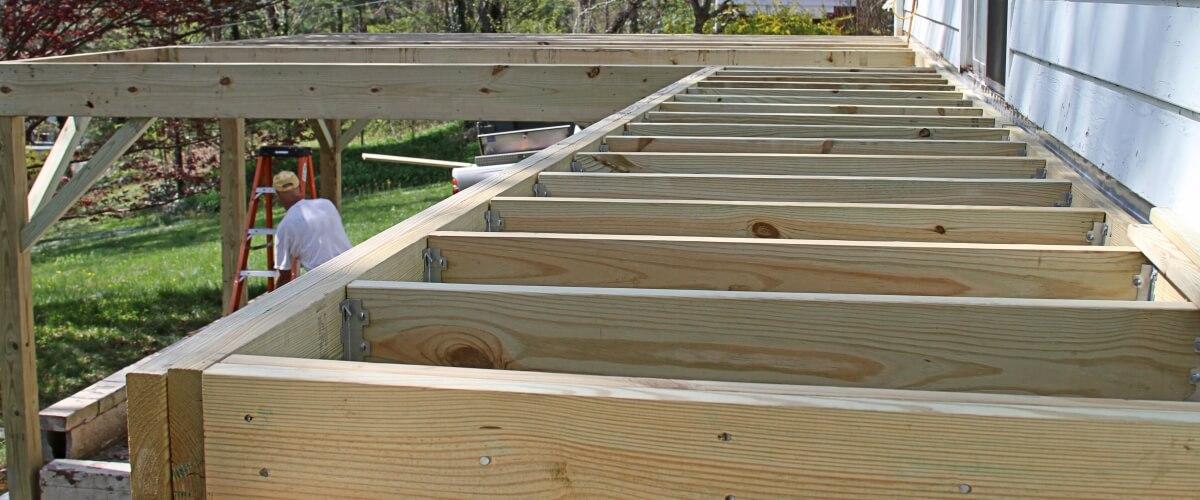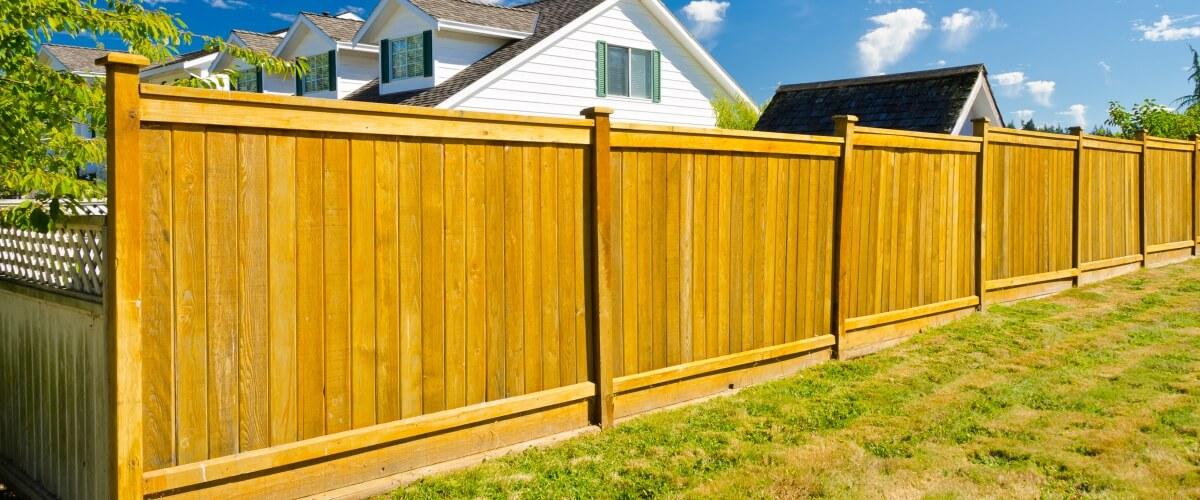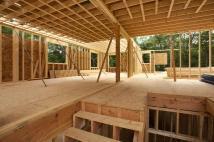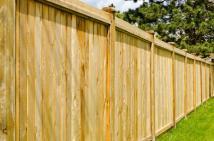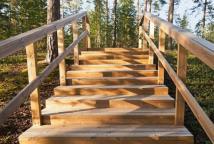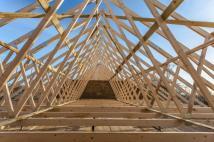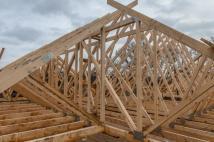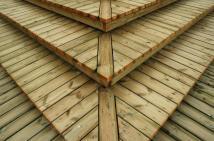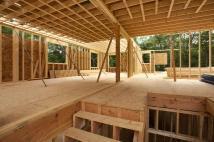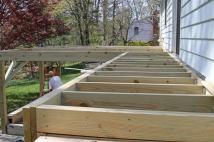Treated Timber Supplier Sydney Australia
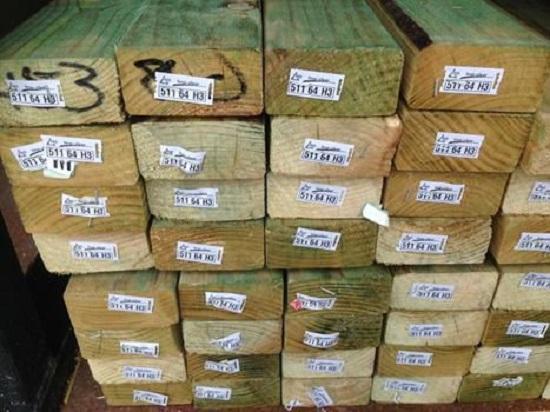 At Master Woodturning we offer a range of treated timbers and pre-primed timbers all meeting Australian Standard Hazard Levels. Please feel free to contact our office should you require assistance in selecting which treated timber is best suited for your usage and to discuss your order requirements.
At Master Woodturning we offer a range of treated timbers and pre-primed timbers all meeting Australian Standard Hazard Levels. Please feel free to contact our office should you require assistance in selecting which treated timber is best suited for your usage and to discuss your order requirements.
Treated timber is where it has been treated with a preservative to improve the timber’s resistance to attack by wood destroying fungi and insects. In other words, the timbers durability is enhanced to a level which is suitable for the intended use. However, such treatment does not always provide the timber protection against weathering.
Both untreated and treated timber used externally should be protected from the affects of weathering by the application of an appropriate oil base coating.
Different preservatives are used for the different protection requirements or Hazard Level. There are 6 main Hazard Levels (see graph below) which are based on the hazardousness of the exposure.
Treated Timber is a fundamental part of our range of products at Master Woodturning. We specialise in Australian and imported treated timber and we carry ample stock to fulfil both small and large volume orders. We pride ourselves on being able to meet our customer needs and demands in the full variety of treated timber products.
Buy Treated Timber Online HERE
Types of Treatment
There are 3 main types of treatment when it comes to treated timbers:
- Light Organic Solvent Preservatives (LOSP)
- Chromated Copper Arsenate (CCA)
- Alkaline Copper Quaternary (ACQ)
Light Organic Solvent Preservatives (LOSP)
The main form of timber treatment is known as LOSP or Light Organic Solvent Preservative. LOSP treated pine is usually machined to the required lengths and shapes before the treatment is applied. As a result of this less pressure is used in the treatment process and a little less penetration of solution is achieved. This does not affect the longevity of the timber, however it means that LOSP timber must not go in ground and if the timber is cut the cut ends must be resealed with a suitable sealant.
Raw (unprimed) LOSP treated timbers are natural in its appearance as the solution used is clear and hence causes no discolouration of the timber. Like CCA the timber will weather and discolour if not stained or painted.
Alkaline Copper Quaternary (ACQ)
ACQ is a water based wood preservative method recently introduced in countries where there is a demand for alternatives to Chromated copper arsenate (CCA) treatment. The treatment is made up of copper, a bactericide and fungicide which makes the wood resistant to biological attack, and a quaternary ammonium
quaternary ammonium compound which acts as biocide, increasing the tolerance of treated timber to copper-resistant bacteria and fungi.
Chromated Copper Arsenate (CCA)
CCA is a wood preservative that has been used for timber treatment since the mid-1930s. It is a mix of chromium, copper and arsenic (as Copper(II) arsenate) formulated as oxides or salts, and is recognizable for the greenish tint it imparts to timber.
Hazard Levels
There are 6 main hazard levels of treatments and a number of sub levels.
Please note:
- Not all treatments and preservatives are suitable to all hazard levels.
- Examples shown in this table are not exhaustive
|
Hazard Level |
Exposure |
Specific Service Conditions |
Biological Hazard |
Typical Uses |
|
H1 |
Inside, above ground |
Completely protected from the weather and well ventilated and protected from termites |
Lyctid Borer |
Framing, flooring, furniture, interior joinery |
|
H2 |
Inside, above ground |
Protected from wetting, Nil leaching |
Borers and termites |
Framing, flooring, etc., used in dry situations |
|
H2F |
Inside, above ground |
Protected from wetting, Nil leaching |
Borers and termites |
Framing (envelope treatment) used in dry situations south of the Tropic of Capricorn only |
|
H2S |
Inside, above ground |
Protected from wetting, Nil leaching |
Borers and termites |
LVL/Plywood (glue-line treatment) used in dry situations south of the Tropic of Capricorn only |
|
H3 |
Outside, above ground |
Subject to periodic moderate wetting and leaching |
Moderate decay, borers and termites |
Weatherboard, fascia, pergola posts (above ground), window joinery, framing and decking |
|
H3A |
Outside, above ground |
Products predominantly in vertical exposed situations and intended to have the supplementary paint coat system that is regularly maintained |
Moderate decay, borers and termites |
Fascia, bargeboards, exterior cladding, window joinery, door joinery and non-laminated verandah posts |
|
H4 |
Outside, in-ground contact |
Subject to severe wetting and leaching |
Severe decay, borers and termites |
Fence posts, greenhouses, pergola posts (in-ground) and landscaping timbers |
|
H5 |
Outside, in-ground contact, contact with or in fresh water |
Subject to extreme wetting and leaching and/or where the critical use requires a higher degree of protection |
Very severe decay, borers and termites |
Retaining walls, piling, house stumps, building poles, cooling tower fill |
|
H6 |
Marine waters |
Subject to prolonged immersion in sea water |
Marine wood borers and decay |
Boat hulls, marine piles, jetty cross bracing |

